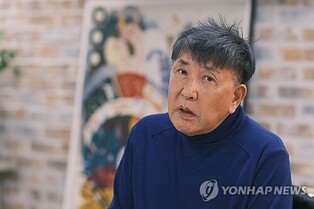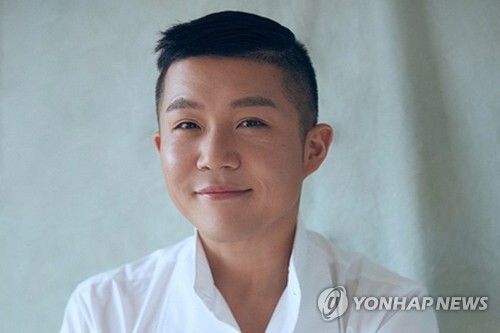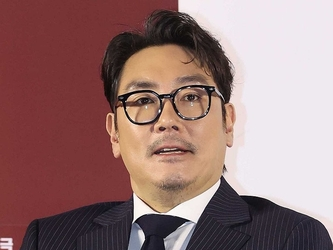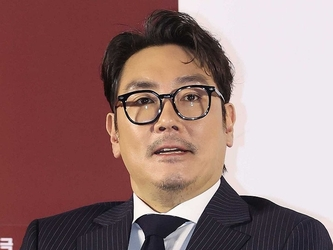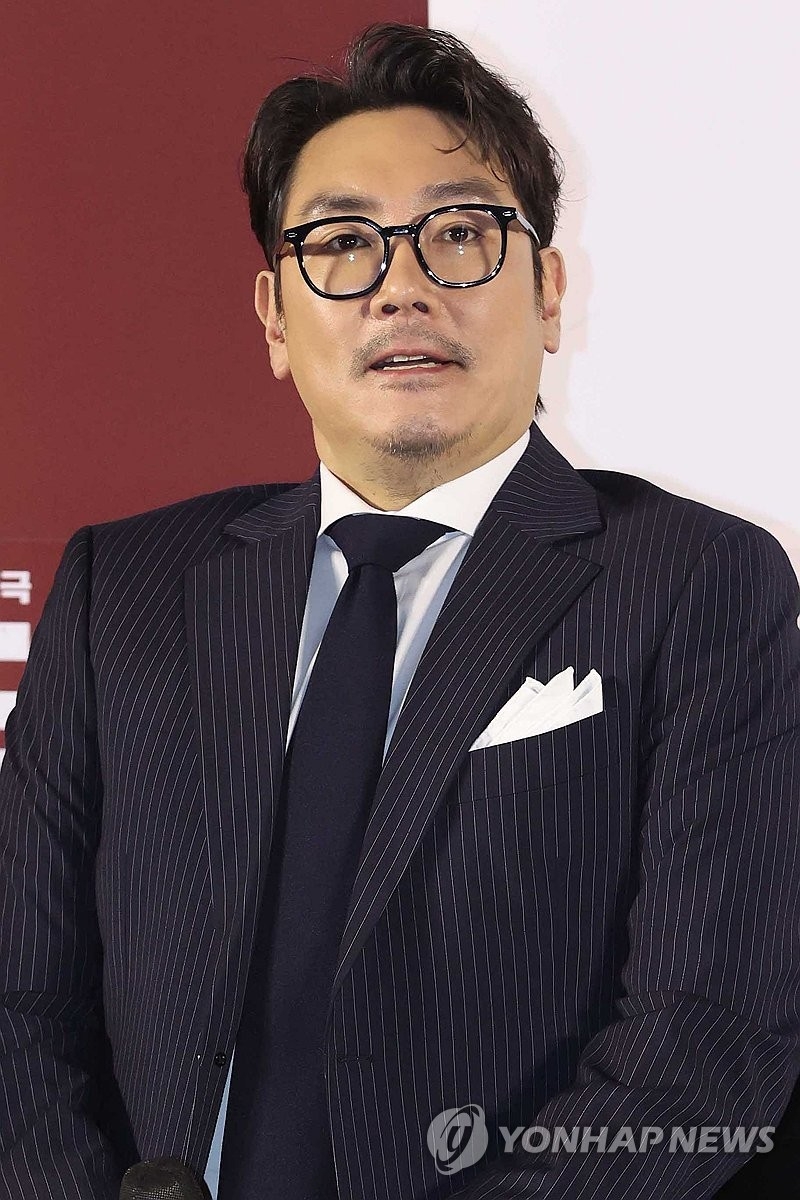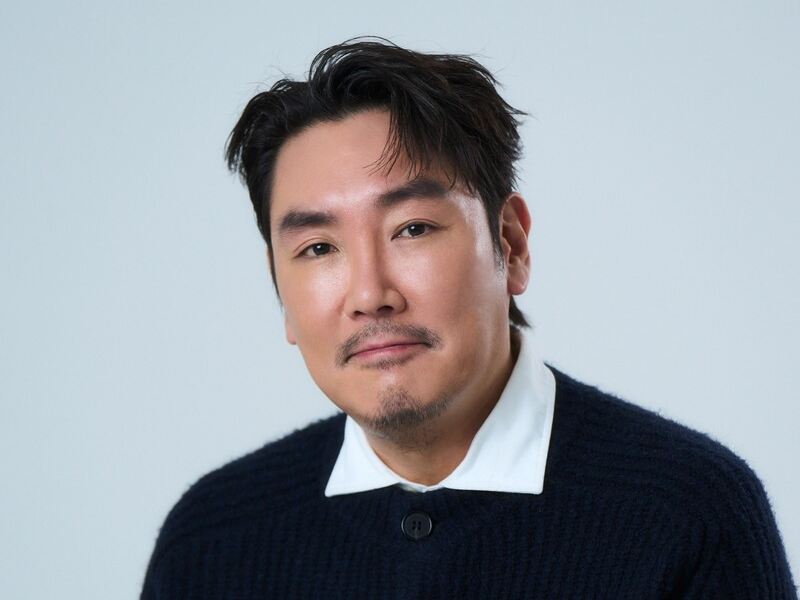(News Focus) US raid-Korean industries
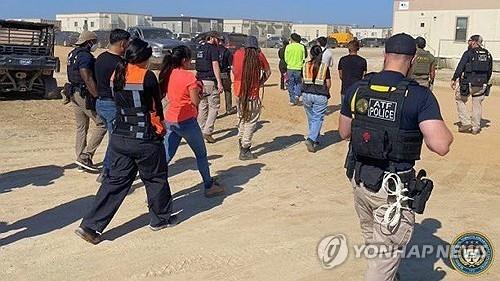 |
| ▲ This photo, captured from the social media X account of the Atlanta bureau of the U.S. Bureau of Alcohol, Tobacco and Firearms, shows agents carrying out a raid at the Hyundai Motor-LG Energy Solution venture's electric vehicle battery plant construction site in Ellabell, located in Bryan County, west of Savannah, in Georgia on Sept. 4, 2025. (PHOTO NOT FOR SALE) (Yonhap) |
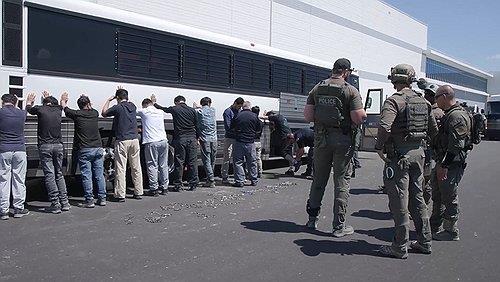 |
| ▲ This photo, captured from a video clip from Immigration and Customs Enforcement, shows people arrested during an immigration raid on an electric vehicle battery plant construction site, operated by South Korean companies Hyundai Motor Group and LG Energy Solution Ltd., on Sept. 4, 2025, (PHOTO NOT FOR SALE) (Yonhap) |
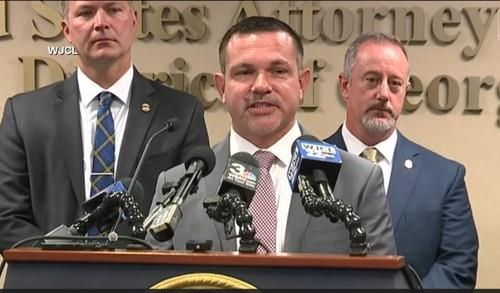 |
| ▲ Steven Schrank (C), special agent in charge of Homeland Security Investigations for Georgia, speaks during a press briefing on Sept. 5, 2025, in this photo captured from a livestream of WTVC News Channel 9. (PHOTO NOT FOR SALE) (Yonhap) |
(News Focus) US raid-Korean industries
(News Focus) U.S. raid at Hyundai-LG site triggers turmoil among Korean firms, shakes confidence in American projects
By Chang Dong-woo
SEOUL, Sept. 8 (Yonhap) -- The detention of more than 300 South Korean workers in a sweeping U.S. immigration raid is causing serious concerns among companies here, with many casting doubts over whether the United States remains a reliable destination for South Korean investments, industry observers said Monday.
The crackdown took place Thursday (local time) at a construction site for an electric vehicle (EV) battery plant being built by a Hyundai Motor Group-LG Energy Solution Ltd. joint venture in Bryan County, near Savannah, Georgia.
While Seoul and Washington are working to arrange the voluntary return of the detained workers, the raid has created confusion across the South Korean business community, forcing firms to reassess risks and the broader political climate for doing business in the U.S.
Kim Pil-soo, an automotive engineering professor at Daelim University, called the incident "humiliating" and warned it could slow or even force a reassessment of U.S. projects.
"This was not just about detaining some 300 people -- it was an insult. Inevitably, U.S. investment will have to be reconsidered or delayed," Kim told Yonhap News Agency.
The professor, a prominent figure in South Korea's auto industry, said he has advised companies to rethink their U.S. strategies after the incident, citing "the lack of skilled workers, high labor costs and the world's most powerful unions" in America.
He also noted that the raid could deter investments tied to the joint South Korea-U.S. MASGA, or Make American Shipbuilding Great Again, initiative, aimed at revitalizing the U.S. shipbuilding sector.
Kim argued the South Korean government should not simply let the matter slide, stressing the need to secure an apology and set up preventive measures.
"Unless thorough safeguards are put in place, such as special programs tied to MASGA, South Korean investments in the U.S. will inevitably be reconsidered or delayed," he predicted.
Some industry insiders voiced skepticism over Washington's handling of the incident, particularly noting President Donald Trump's comments in the wake of the crackdown that the U.S. maintains a "great" relationship with South Korea.
"There is a big gap between the president's words and the on-the-ground reality, and it only deepens confusion for companies," one industry official said.
Business associations, though refraining from issuing official statements, have also been put on alert.
"This is a highly sensitive issue, and both businesses and the government are paying close attention with concern," an official at a major lobby group said, asking not to be named.
In the wake of the raid, conglomerates have moved to contain further U.S.-related risks.
LG Energy Solution has ordered an immediate suspension of all U.S. business trips except for essential client meetings.
Hyundai Motor also halted nonessential travel while reviewing compliance with American immigration and employment laws. The company stressed that its Korean staff already in the U.S. are working on valid visas.
Other firms have begun internal reviews of work scopes under different visa categories and sought legal advice from law firms.
"From the U.S. side, they cannot indefinitely suspend the plant construction if they want to keep attracting investment and jobs," another industry source said. "Trump's comments should be the starting point for more concrete and forward-looking discussions."
For Hyundai Motor Group, officials said there has been no change in long-term plans.
Last month, the world's third-largest automotive group announced a plan to invest US$26 billion in the U.S. over the next four years, with a focus on steel, automobiles and robotics.
"So far, there have been no internal discussions about altering our investment plans," a Hyundai official said, noting the resumption of construction at the battery plant site in Georgia will depend on LG Energy Solution's circumstances.
Other conglomerates have underscored the need for vigilance.
"All of our U.S.-based staff are on expatriate visas, so we do not see immediate impacts," said an official at South Korean shipbuilder Hanwha Ocean, which operates Hanwha Philly Shipyard in Philadelphia.
"We are running our own skilled worker training program at Philly Shipyard, but we are watching the situation closely since it has affected other Korean firms," he added.
Some experts argued the detentions should also prompt introspection over labor practices of South Korea. Many of the detained South Koreans reportedly had short-term or recreational visas that prohibit employment.
Chung Ji-young, professor emeritus of trade at Jeonbuk National University, said the incident could discourage South Korean investments to the U.S. but stressed the need to understand the background.
"The Trump administration's principle is to create jobs through manufacturing, but some Korean firms had developed a habit of hiring people without proper visas. While the investigation methods can be criticized, there are lessons to be learned," Chung said.
(END)
(C) Yonhap News Agency. All Rights Reserved












